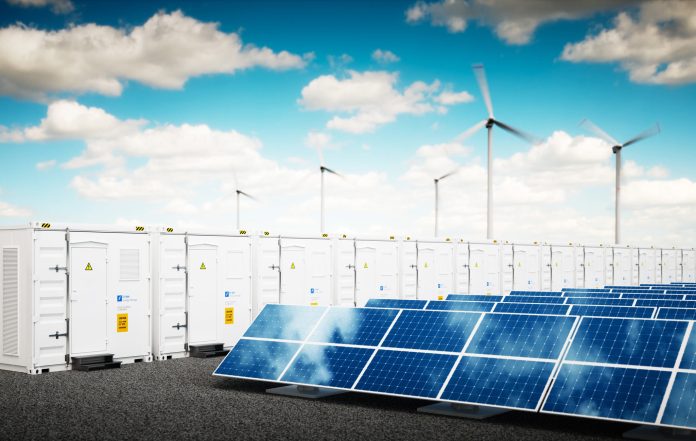ISLAMABAD (APP): Coordinator to Federal Tax Ombudsman and Chairman Kyrgyzstan Trade House Meher Kashif Younis Sunday said the tariff of electricity generated from wind and solar power plants is less than half of the cost of electricity currently being procured from thermal sources in Pakistan.
Speaking at a one-day workshop on “The Role of CPEC in Meeting Pakistan Energy Needs” held under the aegis of Gold Ring Economic Forum, a strategic think tank, here today, he said that the Hydro Power Projects (HPP) have a comparatively long operational life which can be used as an advantage for reducing their tariff through a large spread of the cost over the life of the project.
He said besides CPEC projects have invigorated the once barren land in Jhimpir and transformed the region into a wind corridor in real. He said four wind farms built here with a total installed capacity of 300 MW have supplied economical and clean energy to the national grid of Pakistan. He said CPEC energy projects have contributed to economic growth by increasing power supply with high efficiency at lower cost in Pakistan.
He said these projects, including that coal, wind, solar and hydropower, stand at 6570 MW that generated 28549.94 Gwh and 25772.48 Gwh power respectively in FY2020-21 and FY2021-22, accounting for 22.03% and 18.37% of the total generation in Pakistan.
He said the average 20% annual addition to the national grid has alleviated rampant cases of load shedding within the country and especially powered the export-oriented industries in Pakistan.
Quoting official facts and figures Meher Kashif Younis said Pakistan’s energy sector is mainly dependent on imported fuel (oil and LNG), which has caused a heavy burden on foreign reserves and confined the industrial development of the country as the CPEC energy projects replaced the costlier energy production from furnace oil and diesel to coal and renewable energy resources in the last five years, the energy needs of Pakistan has been fulfilled at lower prices, driving growth in the export-oriented industries, he added.
He said the cost has been rising over the last year due to surged fuel prices in the international market. Nevertheless, the CPEC projects still provide competitive rates. In October last year, the power generation cost of CPEC projects based on imported coal was Rs.18.5/kWh, and that of domestic projects based on FO and RLNG was Rs.34.0/kWh, Rs.31.0/kWh.
Rising fuel prices and a new energy landscape after the Ukraine war necessitate Pakistan to avail of its indigenous resources, and at the time being, the most efficient solution is Thar coal. Data provided by internationally acclaimed coal expert Chairperson Punjab Higher Education Commission Eng Dr Shahid Munir shows that proven coal reserves in Thar are approximately 175 billion tons, he added.
Meher Kashif Younis said in December 2020, Pakistan announced that it would not build any new power projects that depend on imported coal, and pledged that by 2030, 60pc of its energy will come from clean and renewable sources.
This coincided with China’s commitment to building a green CPEC, which entails not building new coal-fired power plants overseas, and increasing support for low-carbon energy, he concluded.







